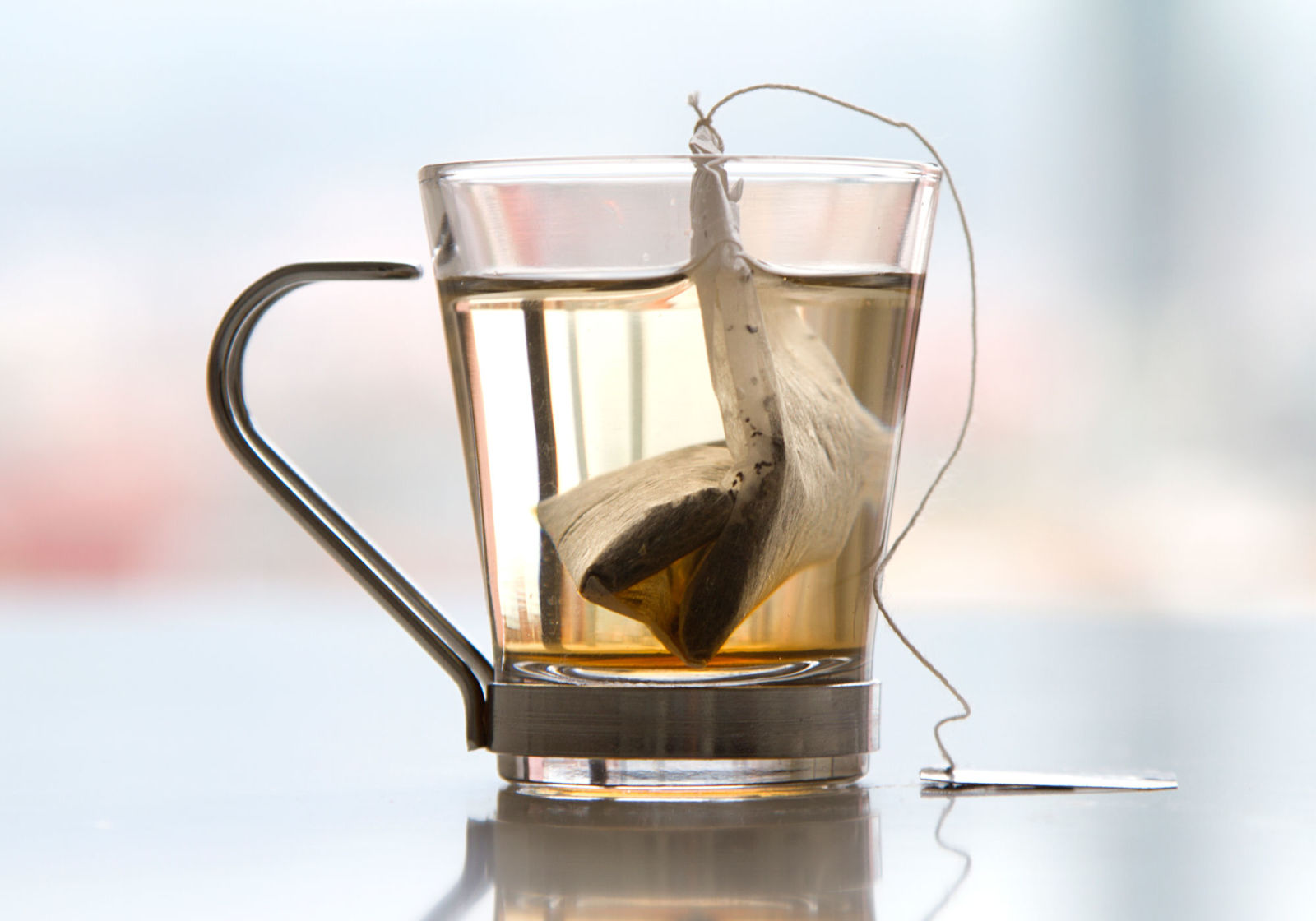

Articles
How To Store Tea In Fridge
Modified: January 18, 2024
Learn how to properly store tea in the fridge to maintain its freshness and flavor. Read our informative articles for expert tips and advice.
(Many of the links in this article redirect to a specific reviewed product. Your purchase of these products through affiliate links helps to generate commission for Storables.com, at no extra cost. Learn more)
Introduction
Welcome to the world of tea! Whether you’re a seasoned tea connoisseur or just beginning your journey, one thing you’ll quickly learn is the importance of proper tea storage. While most teas can easily be stored in a cool, dry place, there are certain circumstances where storing tea in the fridge becomes necessary.
In this article, we will explore why storing tea in the fridge can be beneficial, and provide you with some valuable tips and a step-by-step guide to help you store your tea in the fridge correctly. Additionally, we will discuss common mistakes to avoid, and answer some frequently asked questions related to tea storage in the fridge. So, let’s dive in!
Key Takeaways:
- Proper tea storage in the fridge preserves delicate flavors, extends shelf life, and provides a refreshing cold brew option, enhancing the overall tea-drinking experience.
- Airtight containers, temperature monitoring, and avoiding common mistakes are essential for maintaining tea quality when storing in the fridge. Follow these tips for optimal results.
Read more: How To Store Used Tea Bags In Fridge
Why store tea in the fridge?
Storing tea in the fridge might seem unconventional, as we generally associate refrigeration with perishable food items. However, there are specific scenarios where refrigerating tea can be beneficial and help maintain its freshness and flavor for a longer period of time.
1. Preservation of aroma and flavor: Tea leaves are delicate and can easily absorb surrounding odors. By storing tea in the fridge, you can prevent it from being exposed to strong odors that may compromise its aroma and taste. The controlled temperature in the fridge helps preserve the natural flavors of the tea, ensuring a more enjoyable cup every time.
2. Extended shelf life: Some teas may have a shorter shelf life due to their sensitivity to factors such as heat, humidity, and light. By storing them in the fridge, you can extend their freshness and overall lifespan. This is especially beneficial for delicate green and white teas that can spoil quickly if not stored properly.
3. Heat-sensitive teas: Certain types of teas, such as herbal and fruit infusions, can be sensitive to heat and may lose their flavor and potency when exposed to high temperatures. Storing these teas in the fridge helps maintain their optimal freshness and ensures that you can savor their full taste profiles.
4. Relief from high temperatures: During hot summers or in regions with a tropical climate, tea enthusiasts often look for ways to enjoy a refreshing cold brew. Storing tea bags or loose leaves in the fridge allows you to readily access chilled tea whenever you desire a cool and invigorating beverage.
Tips for storing tea in the fridge
Storing tea in the fridge requires some care and attention to ensure that it remains fresh and free from any contaminants. Here are some helpful tips to keep in mind when storing your tea in the fridge:
- Use airtight containers: Transfer your tea to airtight containers, such as glass jars or resealable bags, before placing them in the fridge. This helps prevent the tea from absorbing any odors from other foods and maintains its flavor.
- Label and date your containers: It’s important to label your tea containers and include the date of storage. This way, you can keep track of the freshness and know when it’s time to consume the tea.
- Separate different tea varieties: To avoid flavor mingling, store different types of teas separately in different containers or compartments in the fridge.
- Avoid exposure to light: Light can degrade the quality of tea, so ensure that your tea containers or bags are stored in a dark area or opaque containers within the fridge.
- Allow the tea to return to room temperature: Before brewing, let your refrigerated tea come to room temperature to optimize the flavor. This step is especially important for green, white, and oolong teas.
- Keep away from strong-smelling foods: Foods with strong aromas, such as garlic or onions, can easily transfer their odor to the tea. To preserve the delicate flavors of the tea, store it away from such foods.
- Monitor the temperature: Ensure that your fridge is set to the optimal temperature for storing tea, which is between 35-40°F (2-4°C). Avoid placing the tea close to the freezer compartment, as extreme cold temperatures can harm the tea leaves.
By following these tips, you can maintain the quality and freshness of your tea while taking advantage of the benefits of refrigeration.
Step-by-step guide to storing tea in the fridge
Storing tea in the fridge correctly is essential to preserve its flavor and quality. Follow these step-by-step instructions to ensure optimal storage conditions:
- Select the right tea: Not all teas benefit from refrigeration. Green teas, white teas, and delicate herbal infusions are best suited for fridge storage due to their sensitivity to heat and humidity. Stronger and more robust teas, such as black teas, might not require refrigeration.
- Choose airtight containers: Transfer your tea to airtight containers, ensuring that they are clean and dry. Glass jars or food-grade resealable bags work well for storing tea in the fridge.
- Label and date the containers: Label each container with the type of tea and the date of storage. This will help you keep track of freshness and avoid consuming old tea.
- Separate different tea varieties: If you have various types of tea, it’s important to store them separately. This prevents cross-contamination of flavors.
- Find the right spot in the fridge: Look for a cool and dark spot in the fridge to store your tea containers. Ensure that they are away from strong-smelling items to avoid flavor transfer.
- Monitor the temperature: Make sure your fridge is set to a temperature between 35-40°F (2-4°C). Avoid placing the tea containers near the freezer compartment or any area prone to temperature fluctuations.
- Allow the tea to return to room temperature: When you’re ready to brew a cup of tea, take out the desired amount from the fridge and let it come to room temperature. This will enhance the flavor and brewing experience.
- Seal the containers properly: After each use, seal the tea containers tightly to maintain freshness and prevent moisture from entering.
- Consume within a reasonable timeframe: While refrigeration can extend the shelf life of tea, it’s still important to consume it within a reasonable period. Herbal infusions and delicate teas are best enjoyed within 6-12 months, while black teas can last up to 2 years when stored properly.
By following these steps, you can confidently store your tea in the fridge, ensuring its freshness and flavor for a longer duration.
Store tea in an airtight container in the fridge to maintain its freshness. Keep it away from strong-smelling foods to prevent absorption of odors.
Common mistakes to avoid when storing tea in the fridge
While storing tea in the fridge can be beneficial, there are some common mistakes that should be avoided to ensure optimal storage conditions and tea quality. Let’s take a look at these mistakes:
- Storing tea in an open container: Leaving tea exposed in the fridge can lead to absorption of odors from other foods. Always store your tea in airtight containers to maintain its original flavor and prevent contamination.
- Storing tea for too long: While refrigeration can extend the shelf life of tea, it’s important to remember that tea is a perishable item. Avoid storing it in the fridge for an excessively long time, as it can still degrade in quality over time.
- Not sealing containers properly: Ensure that your tea containers are tightly sealed after every use. This prevents moisture and air from entering, which can affect the flavor and quality of the tea.
- Storing different tea varieties together: Different tea varieties have distinct flavors and aromas. Storing them together without proper separation can lead to flavor mingling and compromises the quality of each tea. Store different teas separately in individual containers to maintain their unique characteristics.
- Storing tea near strong-smelling foods: Tea is susceptible to absorbing odors from surrounding foods. Avoid storing tea near items with strong fragrances, such as onions or garlic, as this can taint the taste and aroma of the tea.
- Freezing tea leaves: Freezing tea leaves can damage their delicate structure and alter the taste. While refrigeration is suitable for preserving tea, avoid placing it in the freezer compartment of the fridge.
- Not allowing tea to return to room temperature: When brewing refrigerated tea, it’s essential to let it come back to room temperature before steeping. Cold tea leaves might not release their flavors effectively. Allowing the tea to warm up will provide a better tasting experience.
- Overstocking the fridge: Avoid overcrowding your refrigerator with too many items, as this can lead to poor air circulation. Adequate airflow is crucial for maintaining optimal refrigerator temperatures, which is essential for storing tea.
By avoiding these common mistakes, you can store your tea in the fridge correctly, ensuring maximum freshness and flavor.
Read more: How To Store Tea
Frequently asked questions about storing tea in the fridge
Storing tea in the fridge can be a topic of intrigue for tea enthusiasts. To clear up any confusion, here are some frequently asked questions about storing tea in the fridge:
- Can all types of tea be stored in the fridge?
- How long can tea be stored in the fridge?
- Does refrigeration affect the flavor of tea?
- Do tea bags need to be refrigerated?
- Can I freeze tea leaves to extend their shelf life?
- Can refrigerated tea be used for making iced tea?
- Can I store tea in the fridge in its original packaging?
While most types of tea can be stored in the fridge, green teas, white teas, and delicate herbal infusions benefit the most from refrigeration due to their sensitivity to heat and humidity. Stronger teas, like black teas, may not require refrigeration and can be stored in a cool, dry place instead.
The shelf life of tea stored in the fridge varies depending on the type of tea. Herbal infusions and delicate teas are best consumed within 6-12 months, while black teas can last up to 2 years when stored properly. Always check the expiration date on your tea’s packaging as a guideline.
When stored correctly in the fridge, tea can maintain its flavor and freshness. In fact, refrigeration can help preserve the aroma and taste of the tea by protecting it from exposure to heat, light, and strong odors.
If you have sealed tea bags, they can typically be stored in a cool, dry place without refrigeration. However, if you prefer a chilled tea experience, you can refrigerate them. Loose leaf teas, on the other hand, should be stored in the fridge to preserve their freshness and flavor.
Freezing tea leaves is not recommended, as it can damage the delicate structure of the leaves and impact the flavor. Refrigeration is a better option for extending the shelf life of tea.
Absolutely! Refrigerated tea can be used to make delicious iced tea. Simply pour the chilled tea over ice and add your desired sweeteners or flavorings. It’s a refreshing and convenient way to enjoy a cold beverage on a hot day.
The original packaging of tea is often not airtight and can allow air, moisture, and odors to affect the tea. For proper storage, it’s recommended to transfer the tea to airtight containers that can be placed in the fridge.
Remember, it’s important to read the specific storage instructions provided by the tea manufacturer to ensure the best quality and flavor from your tea.
Conclusion
Proper tea storage is crucial for preserving the flavor, aroma, and overall quality of your favorite teas. While most teas can be stored in a cool, dry place, there are certain situations where storing tea in the fridge can be beneficial. Refrigeration helps maintain the freshness and taste of delicate teas, prevents absorption of strong odors, and extends the shelf life of heat-sensitive varieties.
By following the tips and step-by-step guide provided in this article, you can ensure that your tea is stored correctly in the fridge. Remember to use airtight containers, separate different tea varieties, monitor the temperature, and avoid common mistakes like storing tea in open containers or near strong-smelling foods.
Refrigerating tea allows you to enjoy a refreshing and chilled cup whenever you desire. Whether you’re brewing a hot cup or preparing iced tea, your stored tea will maintain its essence and provide you with a delightful tea-drinking experience.
So, next time you find yourself in need of tea storage, consider the option of utilizing your fridge. When done right, storing tea in the fridge can help preserve the qualities that make tea a beloved and cherished beverage.
Frequently Asked Questions about How To Store Tea In Fridge
Was this page helpful?
At Storables.com, we guarantee accurate and reliable information. Our content, validated by Expert Board Contributors, is crafted following stringent Editorial Policies. We're committed to providing you with well-researched, expert-backed insights for all your informational needs.
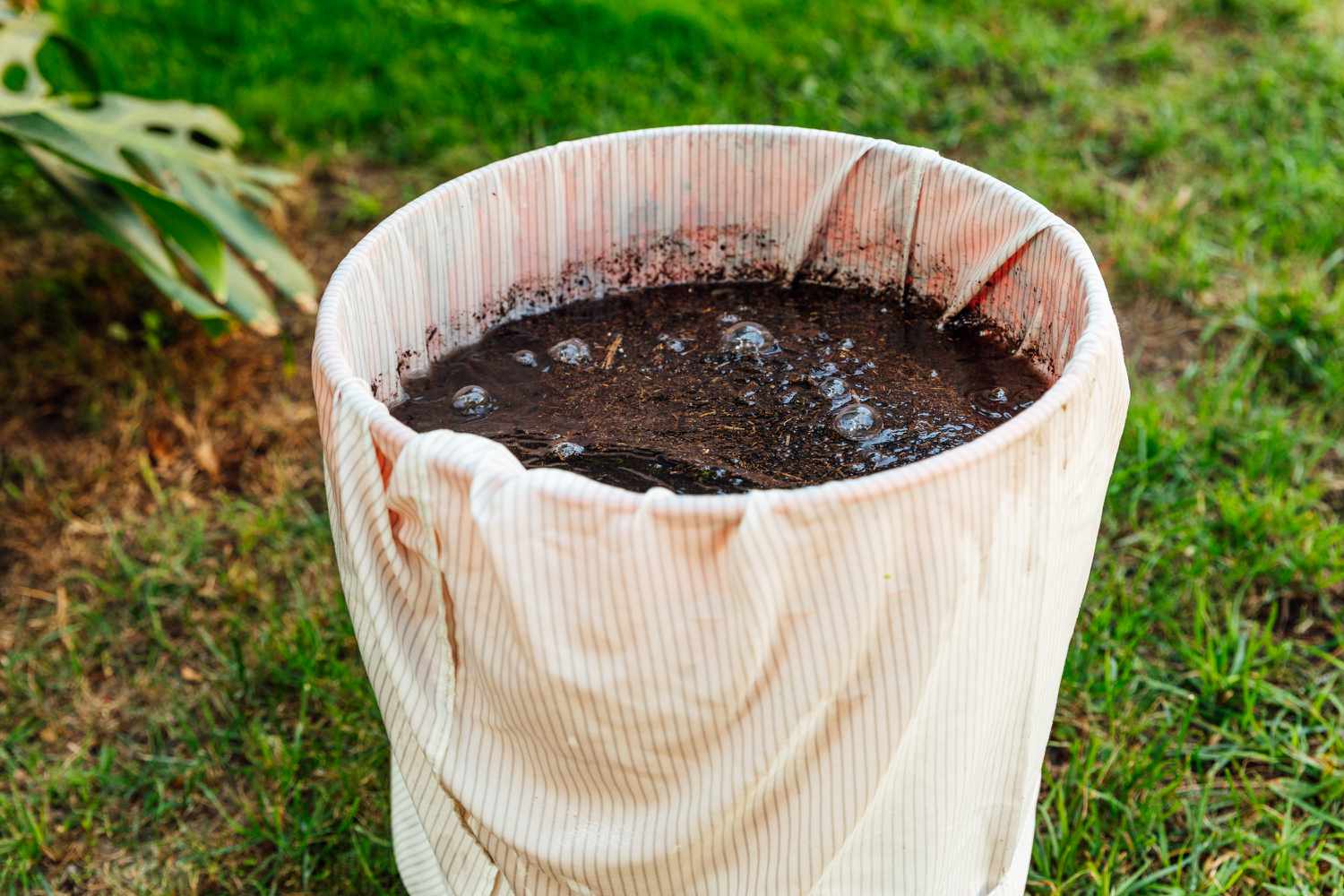
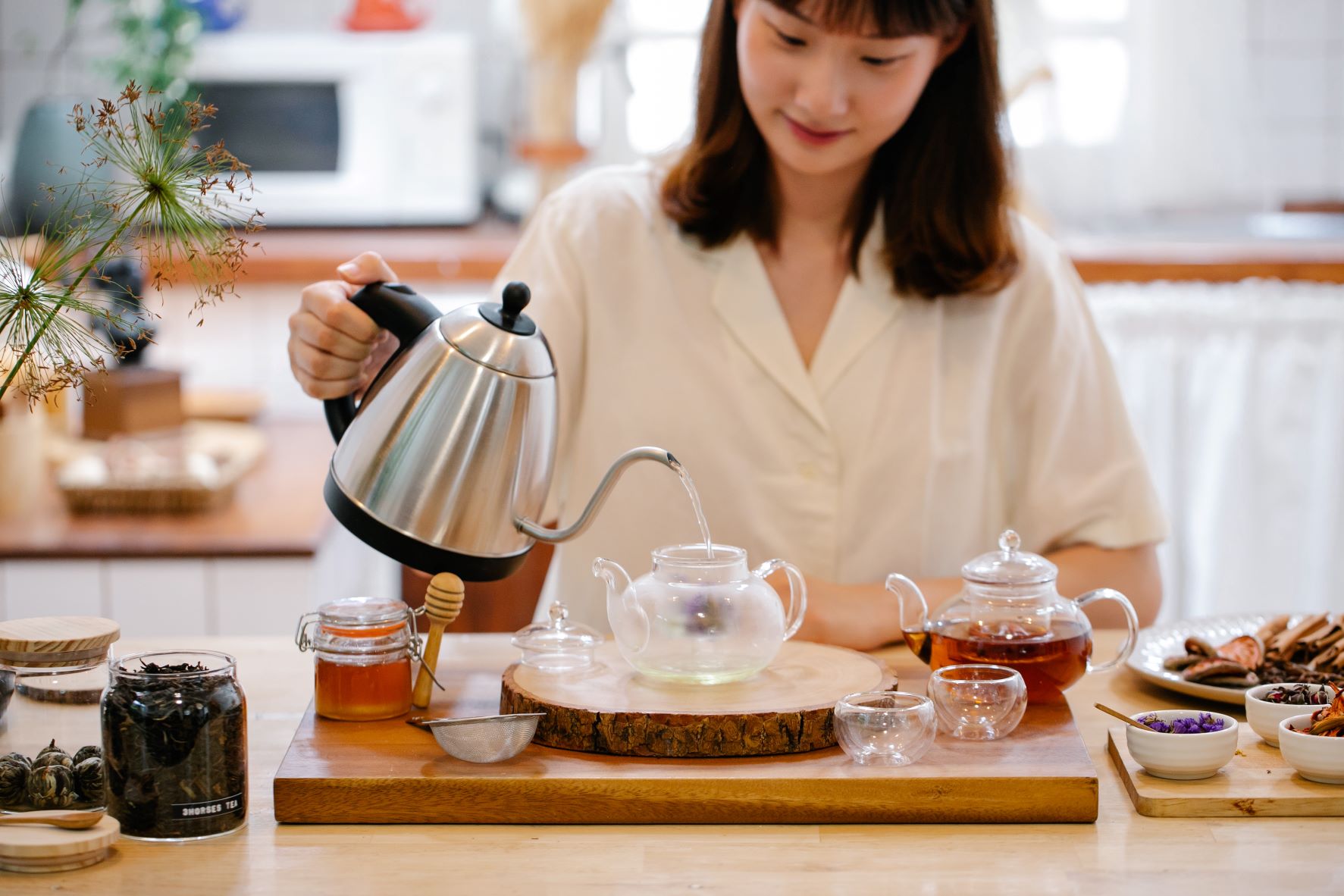
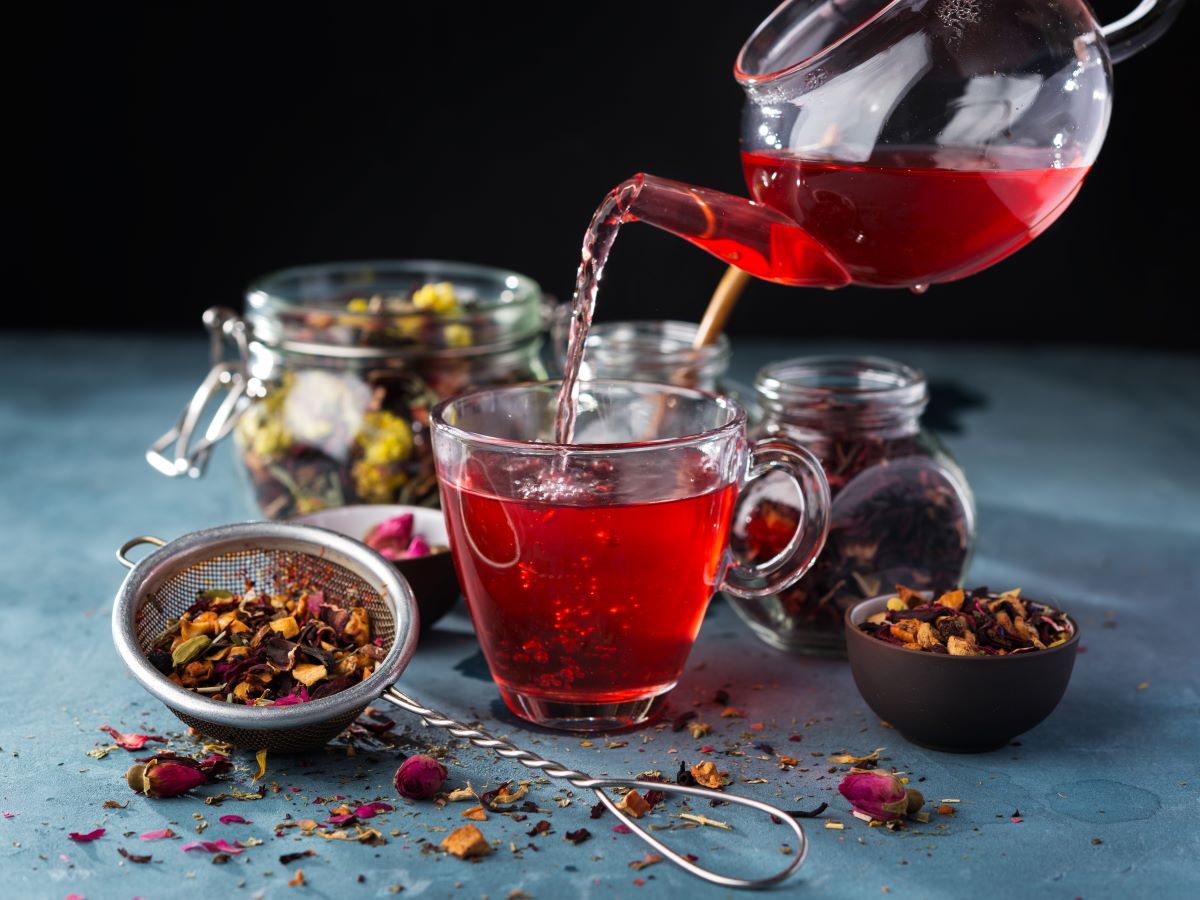
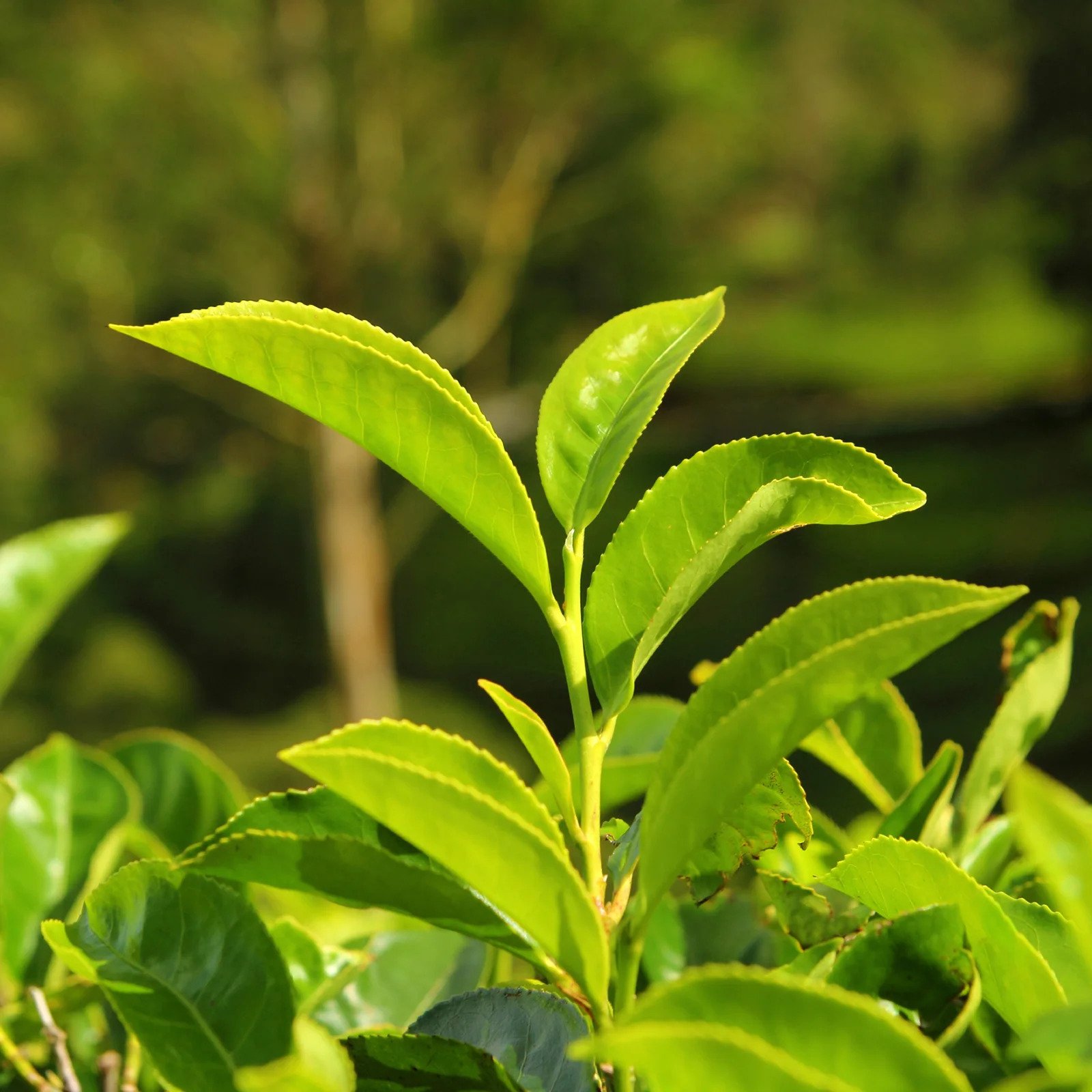
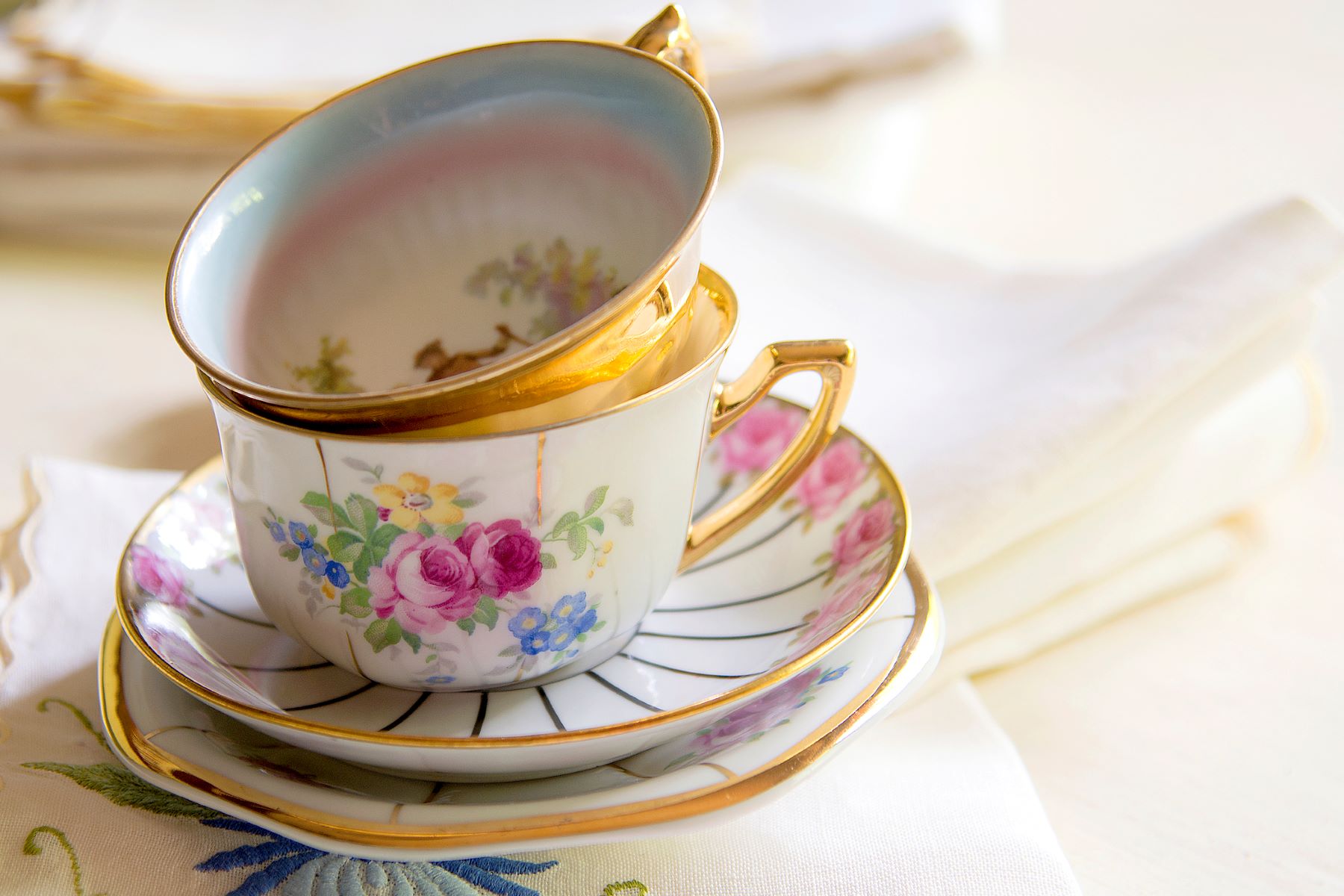
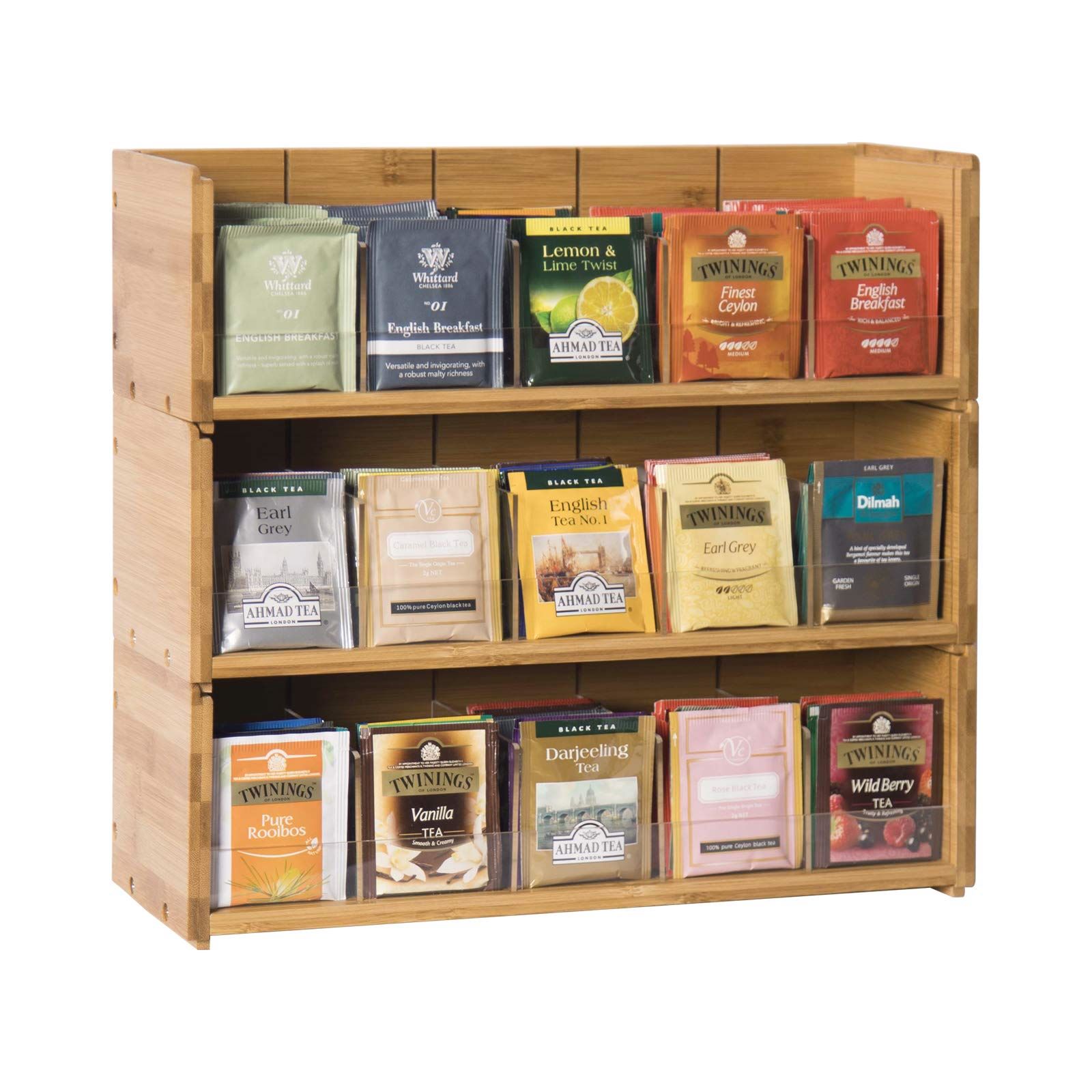
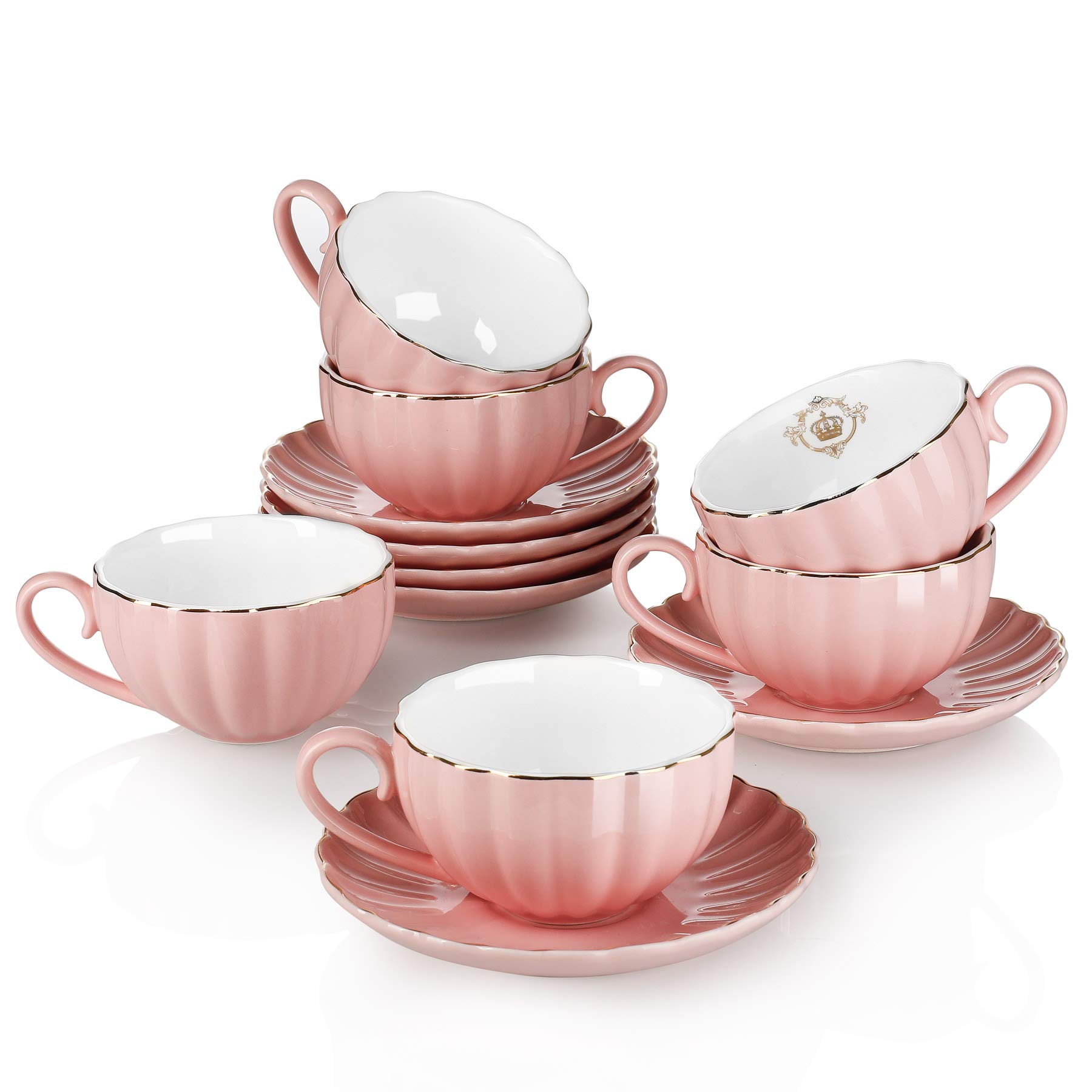
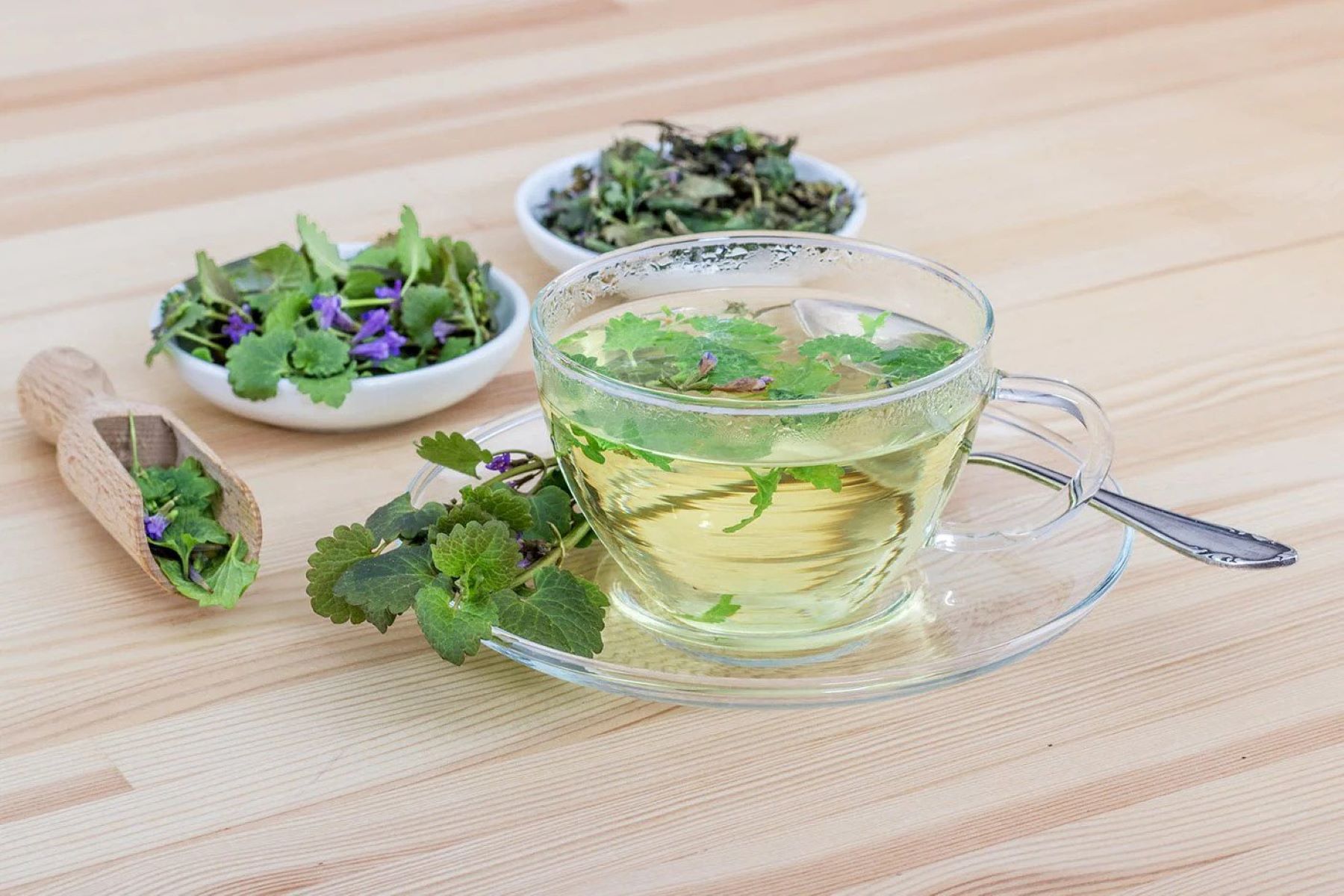

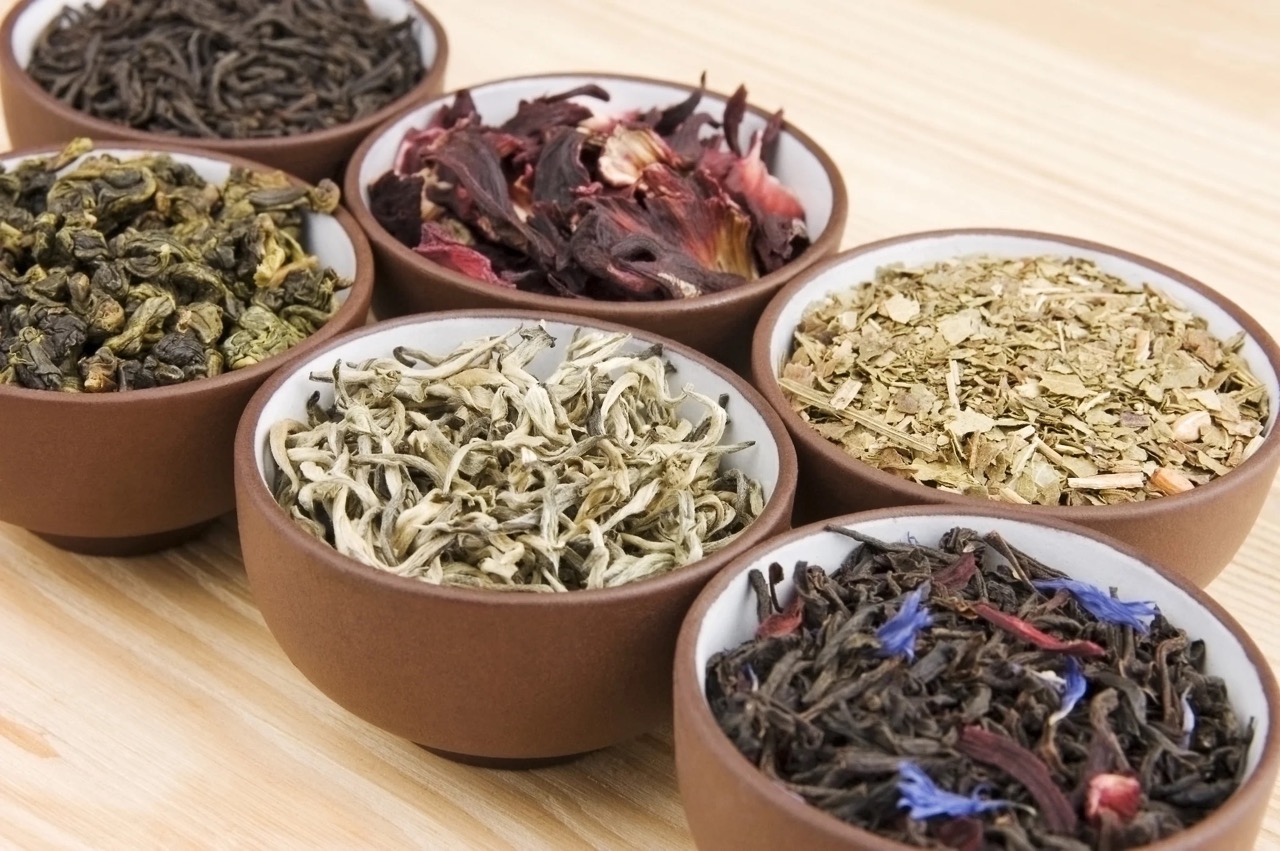
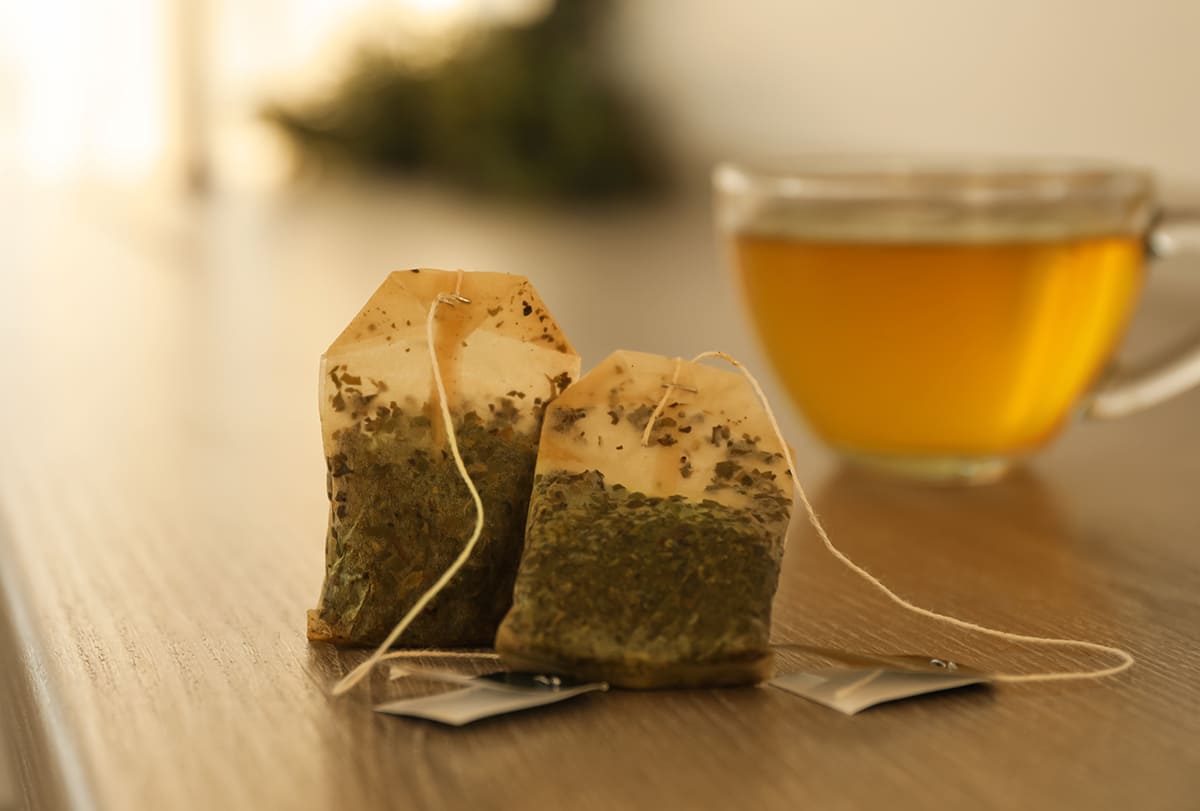
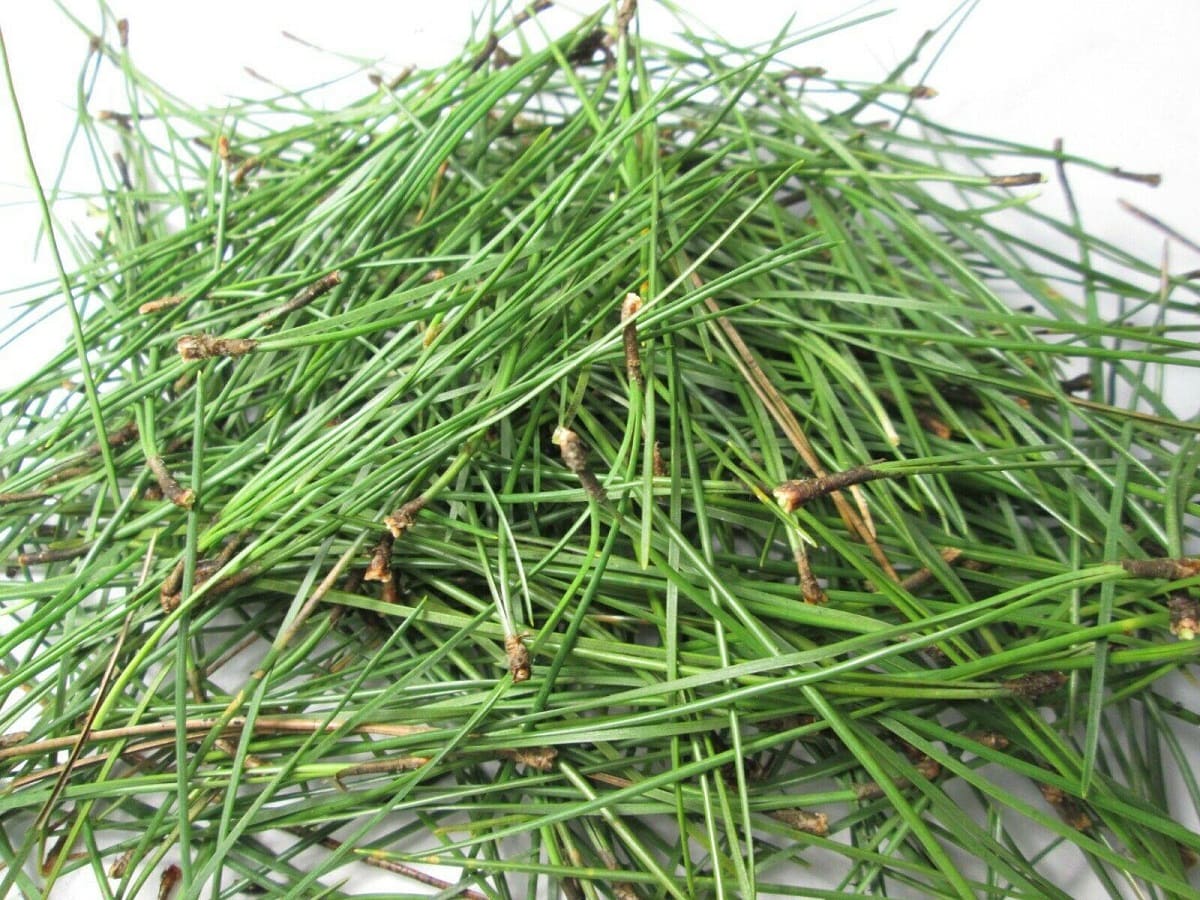
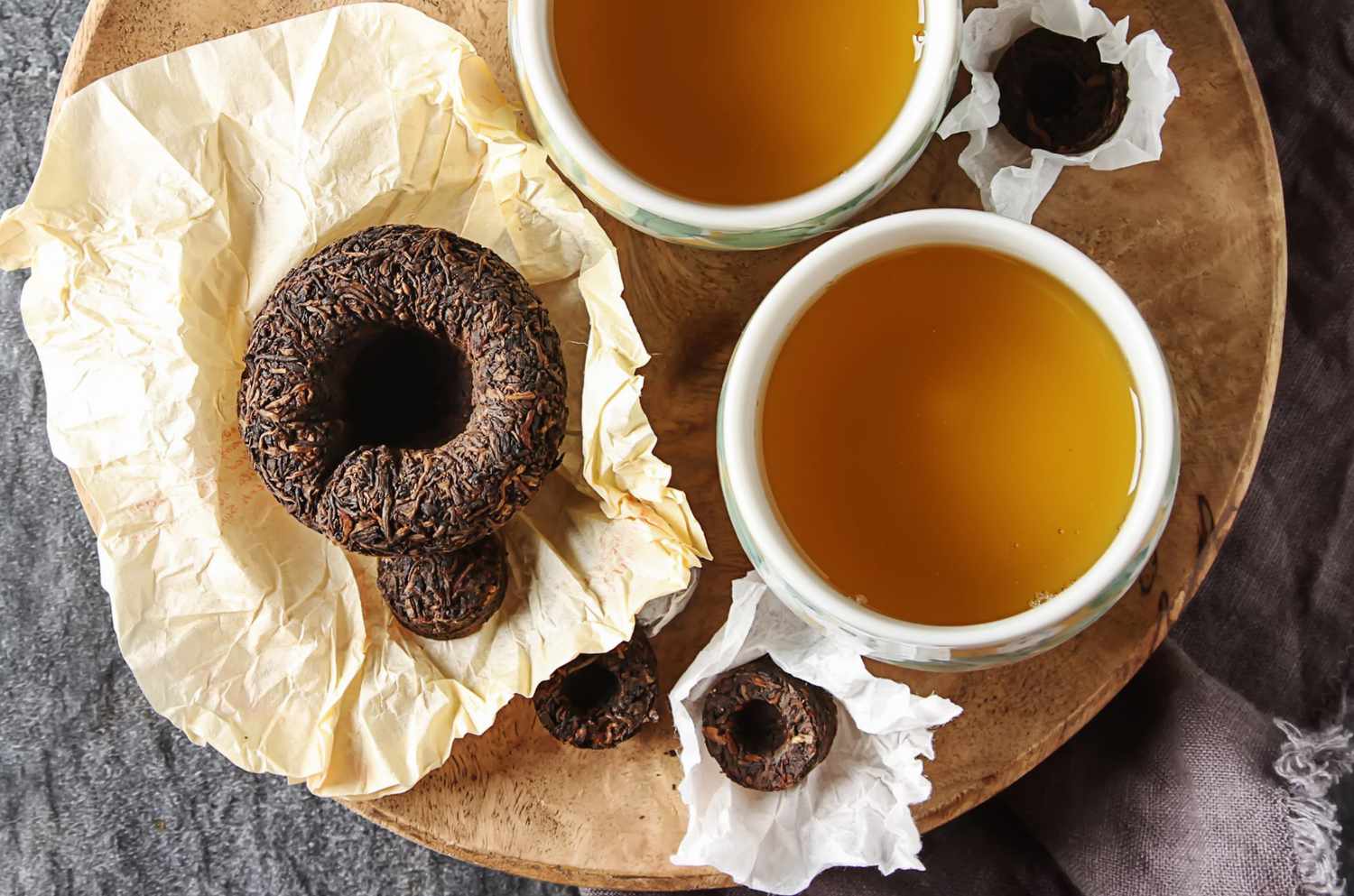
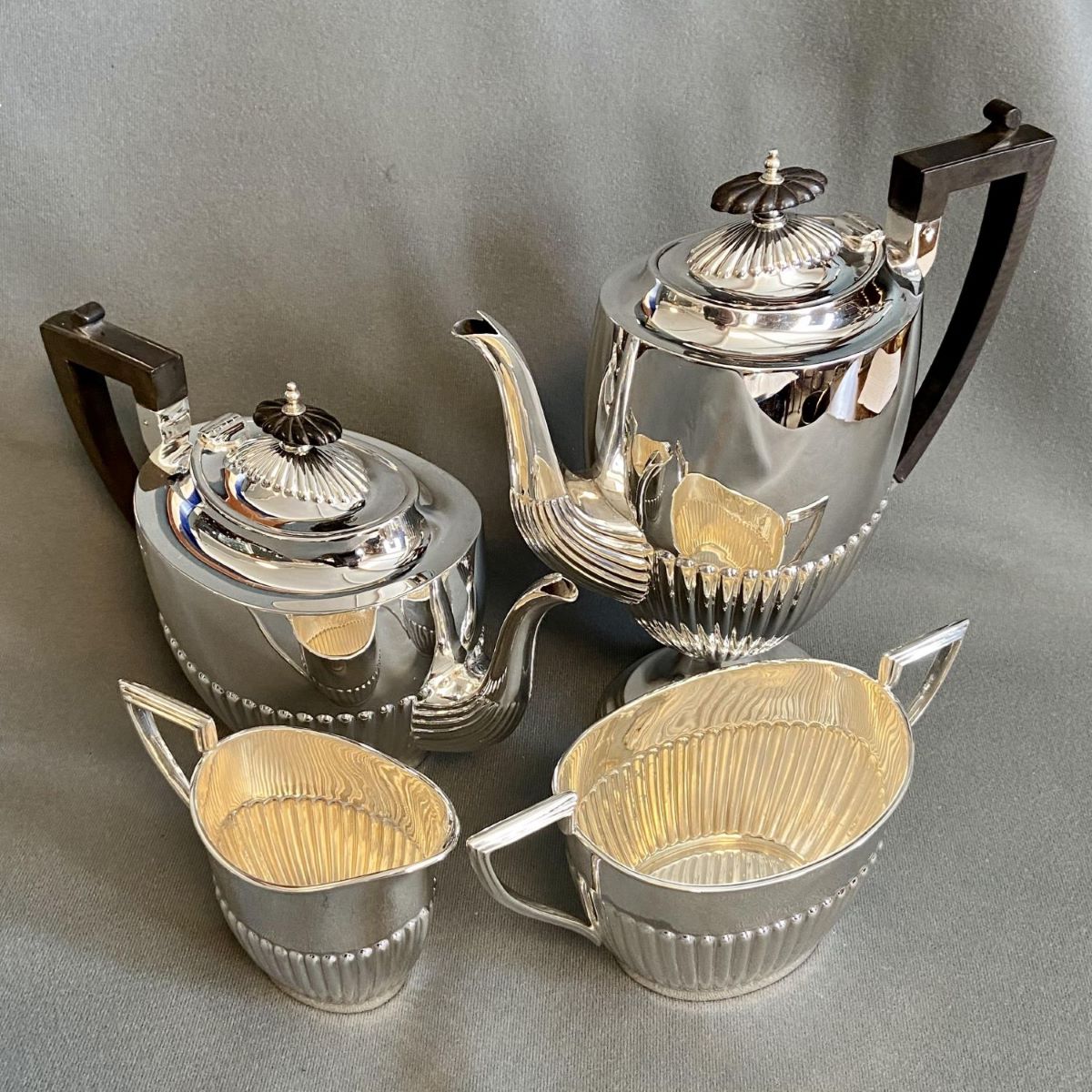

0 thoughts on “How To Store Tea In Fridge”